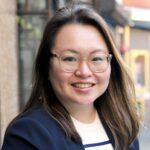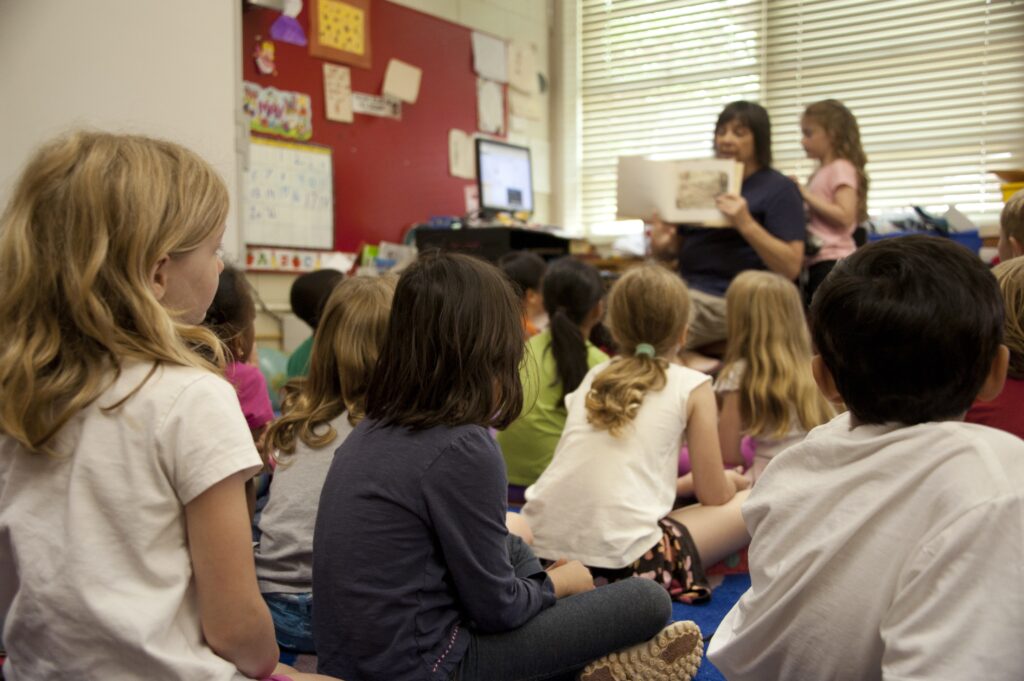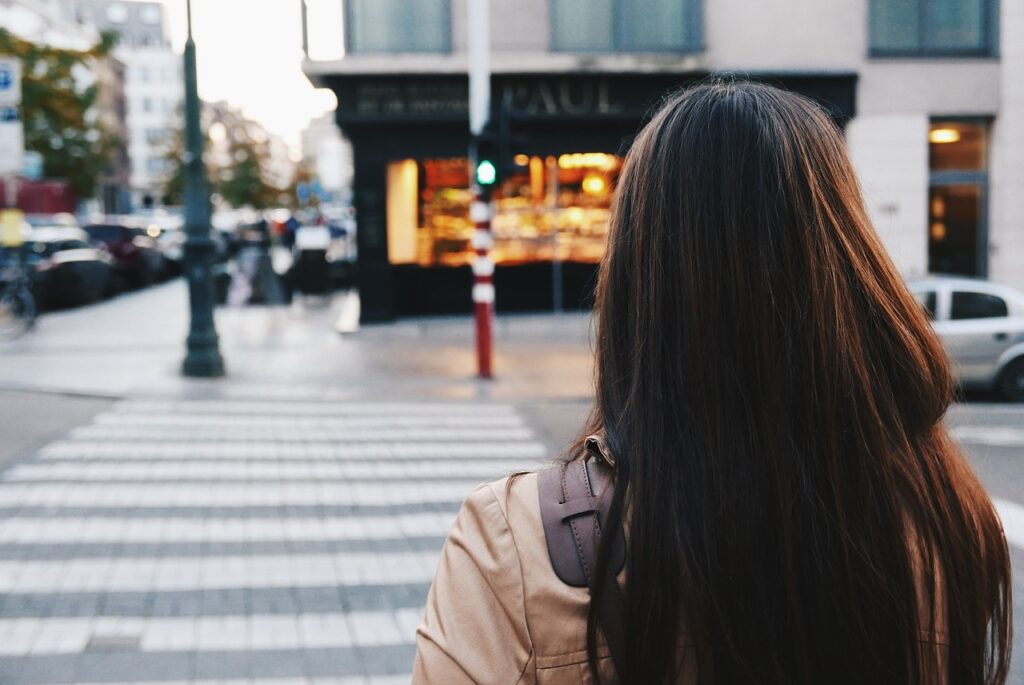Family, Health, Voices
A view in focus: Asian Americans in the COVID-19 and Anti-Asian racism syndemic
With COVID-19, Asian Americans are both the “yellow peril” who brought the virus to the United States and the “model minority” who ought to remain quiet against the discrimination faced. No more has this been felt than by Asian-American physicians, many working on the front lines during this pandemic. Our Asian-American youths are also vulnerable to discrimination, and inside many homes, families are having conversations on how to stay safe from coronavirus and racism. We can all do our part in allying with the greater social justice movement, in speaking up about concerns, and empowering ourselves to affect change.
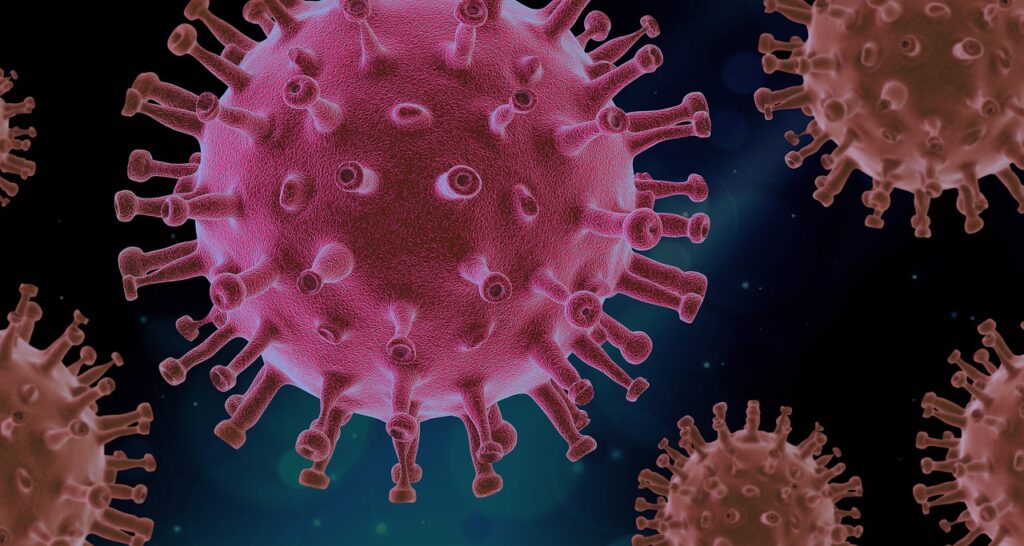
Acts of hate, racism and xenophobia towards Asian Americans rose across the world with the onset of the COVID-19 pandemic. In March 2020, Dr. Russell Jeung of San Francisco State University’s Asian American Studies Department, along with the Asian Pacific Policy and Planning Council (A3PCON) and Chinese for Affirmative Action (CAA) created a reporting site to compile data. In the United States, over 2,000 incidents were reported as of June 2020, spreading across 45 states and Washington DC, with 37% occurring in public venues including streets, parks and transit. Discrimination involved derogatory verbal harassment, accusations for bringing Coronavirus to the country, Uber drivers declining rides for Asian-American passengers, physical violence of spitting, punching and acid pouring, and more extreme, a father and his two young children being stabbed at a shopping center in Texas. Of these incidents, 6.3 percent of them involved Asian-American youths and children.
Anti-Asian Hate and Yellow Peril yet again
The Asian-American community reacted with outcries of fear, anger and sadness. Many questioned their identity as Asian Americans, finding themselves perceived as the “yellow peril” yet again. It brought back discriminatory sentiments of the late1800s, when East Asians were considered unfit and unclean to belong in mainstream society. At the height of the yellow peril, the government passed the Chinese Exclusion Act of 1882, barring Chinese from seeking immigration and naturalization into the United States. It also revitalized the not-too-distant memories of 1942, when Executive Order 9066 led to incarceration of Japanese Americans in World War II. Even more recent was the death of Vincent Chin in
1982, when a group of angry, unemployed auto industry workers assaulted and killed Mr. Chin under the pretense that East Asians took away their jobs.
Divisive Model Minority stereotype
The image of the “yellow peril” contended with another stereotype Asian Americans experience: the “model minority.” In the 1950s and 1960s, at the height of the civil rights movement with calls for social justice, Asian Americans became the “model minority,” an under-represented population in the country succeeding with economic and educational gain in contrast to other minority groups. Industrious, humble, law-abiding, quiet and respectful, Asian Americans were regarded as an aspiring minority group worthy of emulation. The stereotype appears seemingly helpful for Asian Americans as it awarded a promise to mainstream into the dominant culture and society. In reality, it excluded Asian Americans from discussions of diversity and inclusion. It also served as a divisive construct, pitting one minority group against others to silence calls for systemic social justice.
Perpetual Foreigners
With COVID-19, Asian Americans are both the “yellow peril” who brought the virus to the United States and the “model minority” who ought to remain quiet against the discrimination faced. The bottom line: Asian Americans are perpetual foreigners and as actor John Cho puts it, “our belonging (in the US) is conditional.” No more has this been felt than by Asian-American physicians, many working on the front lines during this pandemic. Patients have refused Asian-American healthcare workers to take part in their care. Worse, strangers follow them post-work shifts and harass them with racial slurs. This was the experience of anesthesiology resident Lucy Li in Boston, MA, and many more. No matter how successful, Asian-American physicians were being turned away and shunned from the patients they took an oath to serve.
Asian American youth are also vulnerable
Our Asian-American youths are also vulnerable to discrimination, and inside many homes, families are having conversations on how to stay safe from coronavirus and racism. During this time, it is important for all of us as child and adolescent psychiatrists to reach out and check in on our Asian-American colleagues, patients and families. We need to create a space for them to voice their fears, share their experiences and process the impact discrimination has on their well-being. It can be traumatic for many. A simple “How are you doing with all the Anti-Asian sentiments happening around us?” can go a long way.
“We can all do our part in allying with the greater social justice movement, in speaking up about concerns, and empowering ourselves to affect change.“
We can take action
Acknowledgment is a powerful initial action step. As physicians, it is also within our domain to advocate. We can empower our patients and families to report any acts of hate and xenophobia to local law enforcement agencies and to an online database at www.stopaapihate.com. We can reach out to the AACAP Advocacy Committees and write to elected officials to support policies and legislation that denounce anti-Asian racism. In March, U.S. Representative Grace Meng introduced a House resolution (H.R.6721) to condemn all forms of racism, calling on public officials to denounce any anti-Asian sentiment, and demanding investigations and data collection into coronavirus related violence and discrimination.
Speak Up
We can all do our part in allying with the greater social justice movement, in speaking up about concerns, and empowering ourselves to affect change. We can no longer remain silent. Now more than ever, we need to stand together and work to combat hate and all forms of racism in the era of the COVID-19 pandemic and beyond.
Disclosure: Dr. Jang (Jean) Cho, MD is co-author along with Dr. Annie Li on this article. The content posted are strictly the personal views of Dr. Annie Li and are not representative of NYU Langone, NYC H+H Bellevue or MyAsianVoice.
Dr. Annie S. Li is a board certified General and Child and Adolescent Psychiatrist and is Assistant Professor of Clinical Psychiatry at Weill Cornell Medical College in New York. She received her medical degree from Albert EInstein College of Medicine and went on to complete her general psychiatry residency at New York Presbyterian Weill Cornell Medical Center and her child and adolescent psychiatry fellowship at the combined New York Presbyterian Hospital – Columbia University Medical Center and Weill Cornell Medical Center Program.
Dr. Jean Cho is a co-founder and co-chair for the Asian Caucus of AACAP and serves as an active member of the Diversity and Culture Committee. She is particularly interested in cultural psychiatry and invested in working with children of diverse backgrounds. She is currently in private practice in Yakima, Washington.
Get a monthly dose of our latest insights!

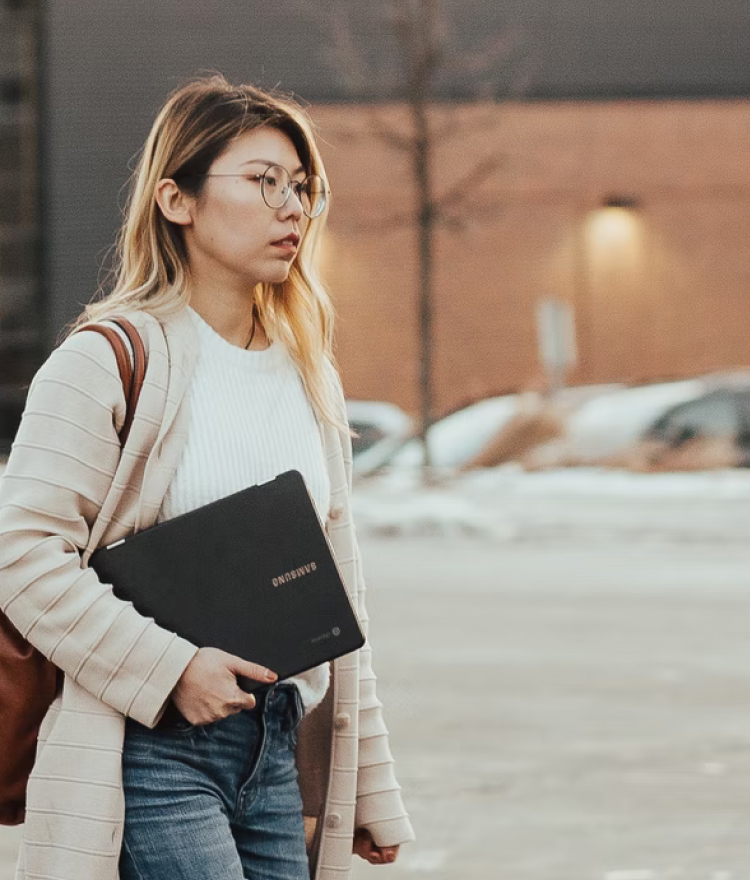
About
myasianvoice
At MyAsianVoice, we connect Asian Americans to surveys and research to bridge the Asian data gap.
Join our growing respondent list >>